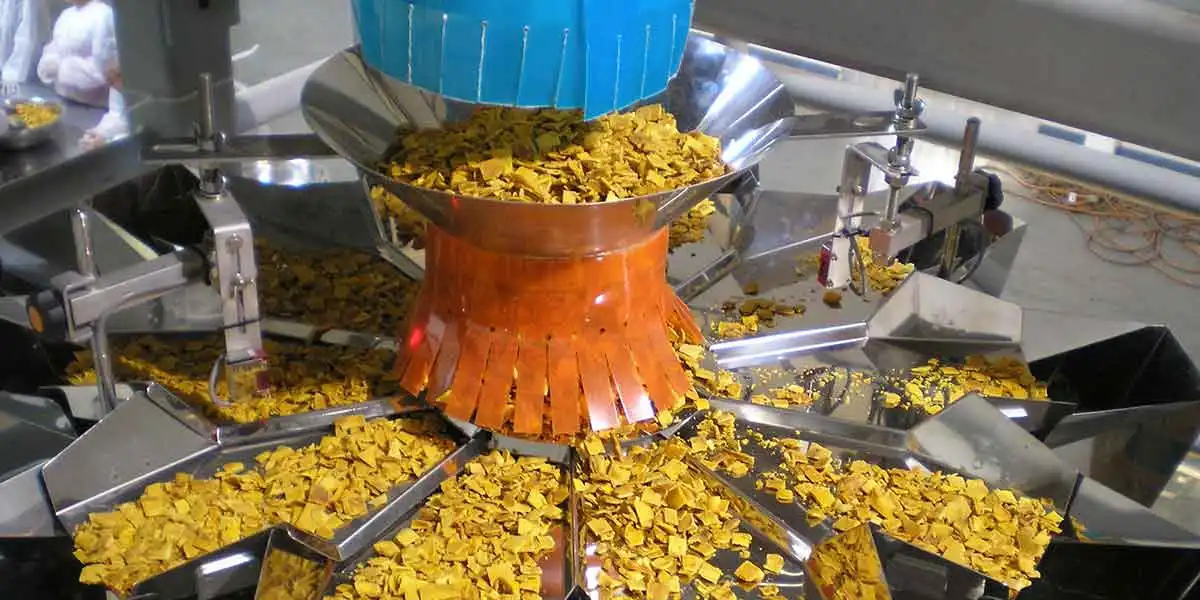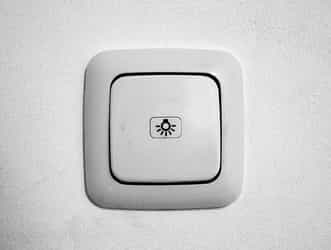Researchers have developed a system to monitor industrial food processing in real time, an innovation that could have commercial potential, the European Commission (EC) Community Research and Development Information Service (CORDIS) announced last month.
An innovation of the
MUSE-TECH project, the digital system provides real-time view and control of industrial food processing operations, offers greater processing efficiencies and ability to meet safety standards.
Project researchers successfully tested and calibrated the technology in three industrial food processing environments—bread dough mixing and proving, potato chip frying, and mashing and boiling in beer brewing.
The MUSE-TECH project, undertaken in 2013 by a consortium of food makers and institutions from six EU States, aims to help the food industry develop a system to monitor industrial food processing in real time. The goal is to reduce manufacturing costs and food waste by enabling a more efficient control of the processes and supporting the competitiveness of the EU food industry.
REAL-TIME VS. CONVENTIONAL CONTROL PROCESSES
Conventional process control strategies involve testing food only at the end of the process, when unpredictable batch failures and reworks often occur. MUSE-TECH is a more predictive process control in which in-process raw materials can be checked in real time and any compositional variations or problems handled during manufacturing.
“Consumers want to know where their food comes from and how it has been processed,” said a CORDIS press release. “For food makers, a problem somewhere along this chain—a batch of poor quality ingredients or contamination by unauthorized compounds for example—can shut down production and lead to significant losses unless it is dealt with efficiently and effectively."
BUILT-IN SENSORS PROVIDE DATA ON PROCESS
The MUSE-TECH project team developed the auto-adaptive method of in-process control using a combination of three sensors integrated into a single device, the Multi Sensor Device (MSD).
The three sensors are: Distributed temperature sensor (DTS), quasi imaging visible-near infrared (QIVN), and photoacoustic sensor (PAS).
According to test results, the DTS sensor proved robust for all three case studies, allowing accurate monitoring of complex temperature profiles under harsh environments such as during dough fermentation.
The second sensor, Quasi Imaging Visible-Near Infrared (QIVN), successfully gathered data simultaneously from different points of the process. The PAS sensor demonstrate capability for simultaneously monitoring CO2, ethanol and humidity during baking.
Raw data gathered by the MSD was then processed in real time using statistical tools, and made available to end users via an easy to use interface. The project team investigated suitable communication systems and software, which were then implemented to support the integration of the MSD.
The MSD, which achieved targeted and consistent levels of quality and chemical safety in the final products, will also support early warning, automatic decision-making protocols and PAT strategy in the food industry.
The success of the project also highlights an opportunity for food process equipment manufacturers to design and commercialize innovative equipment with tailored MSDs installed to monitor and control the specific food processes.
The researchers say that to create a commercially-viable version of the system will require more research and development.




